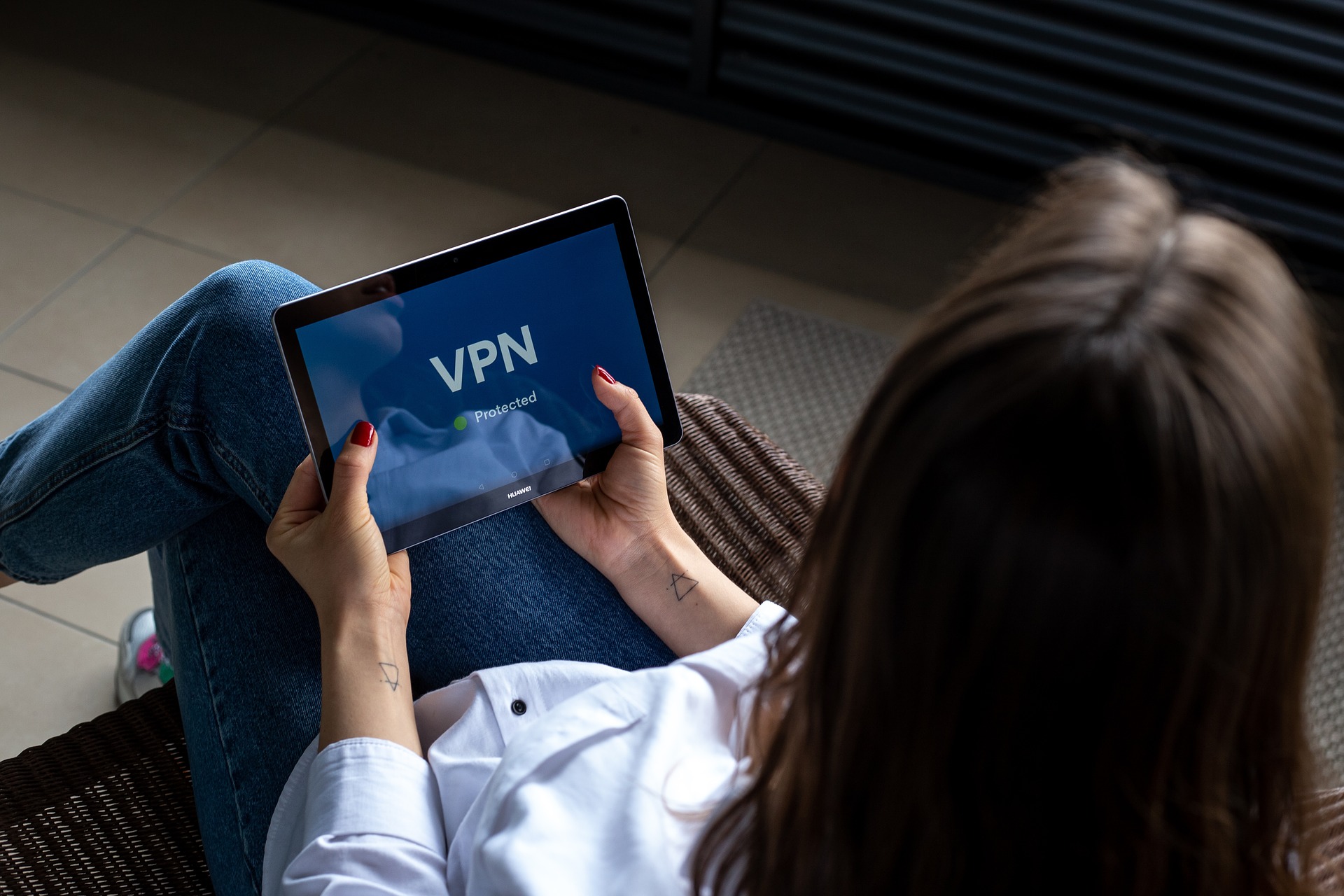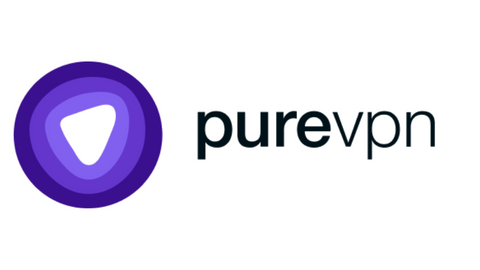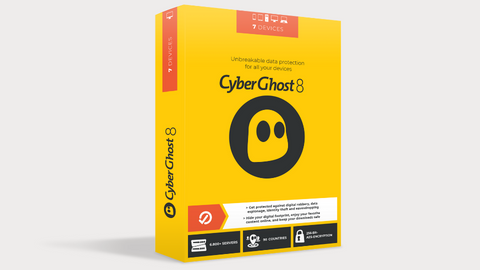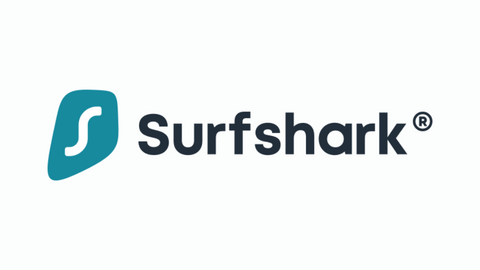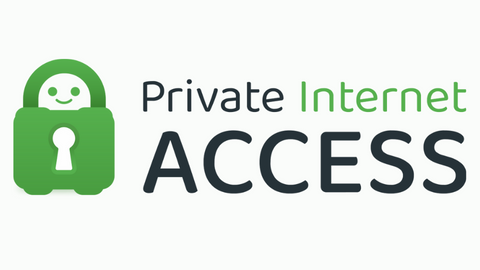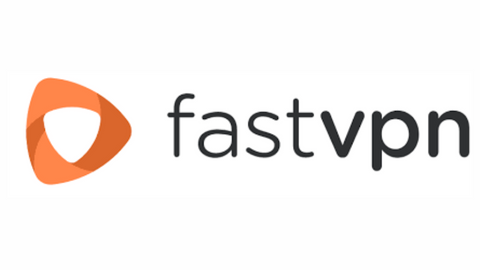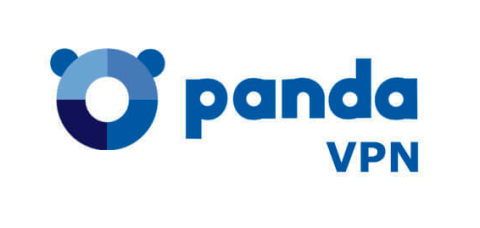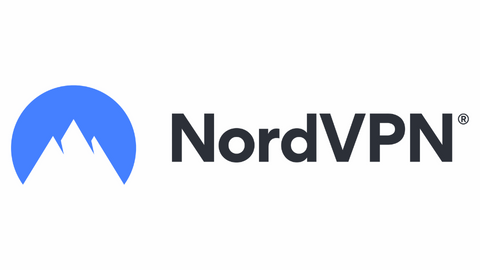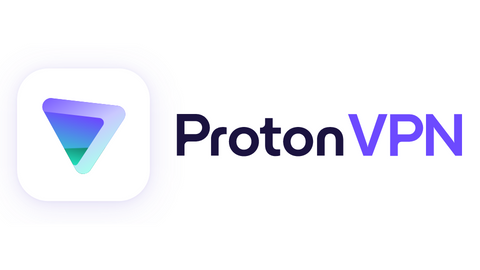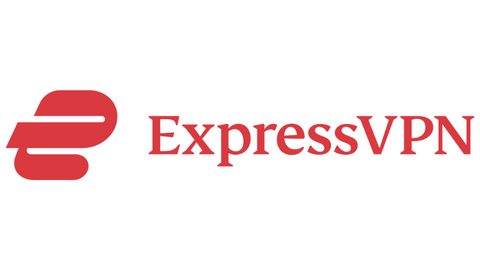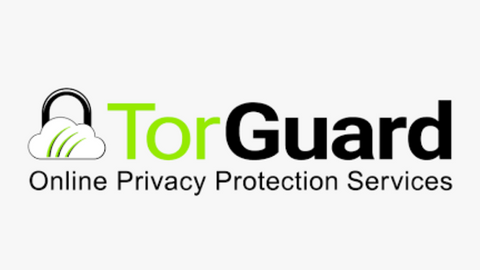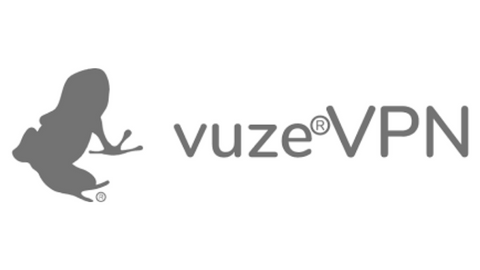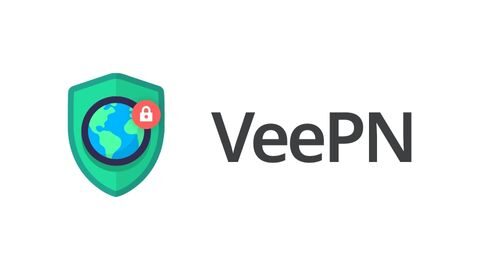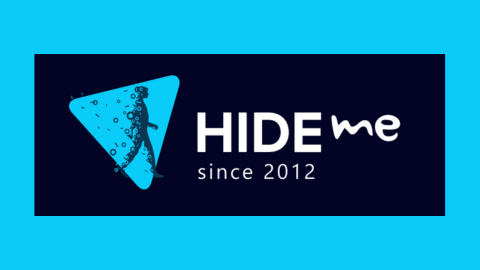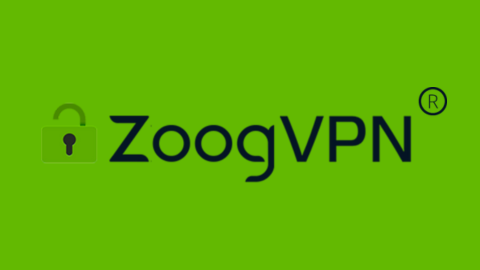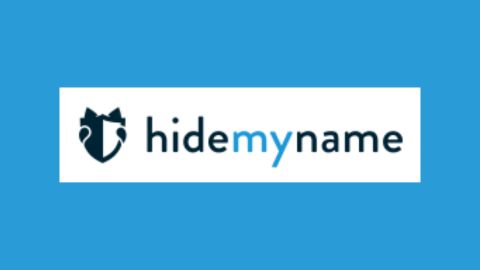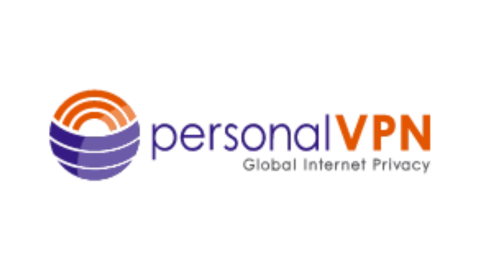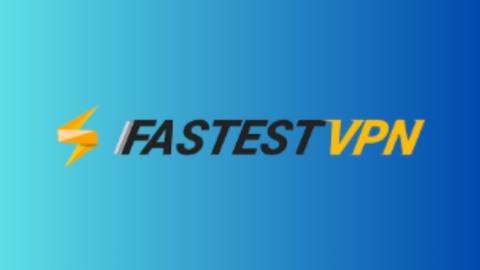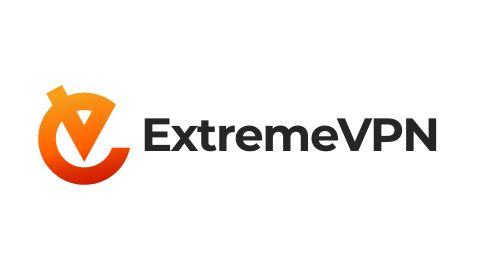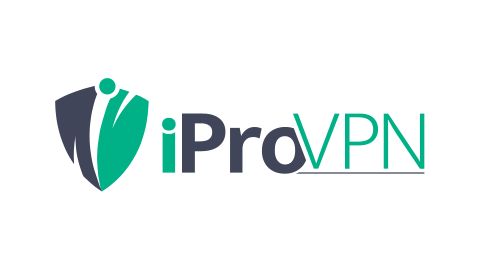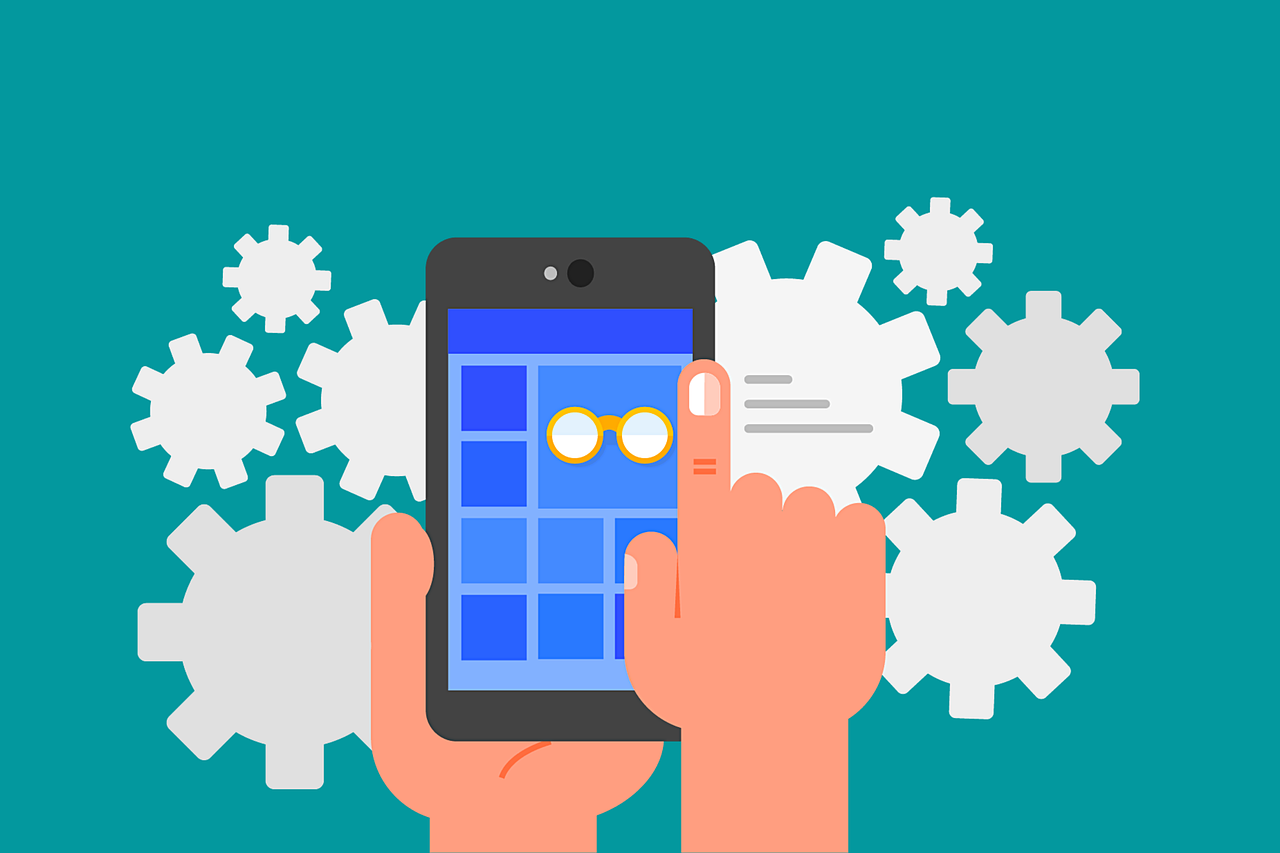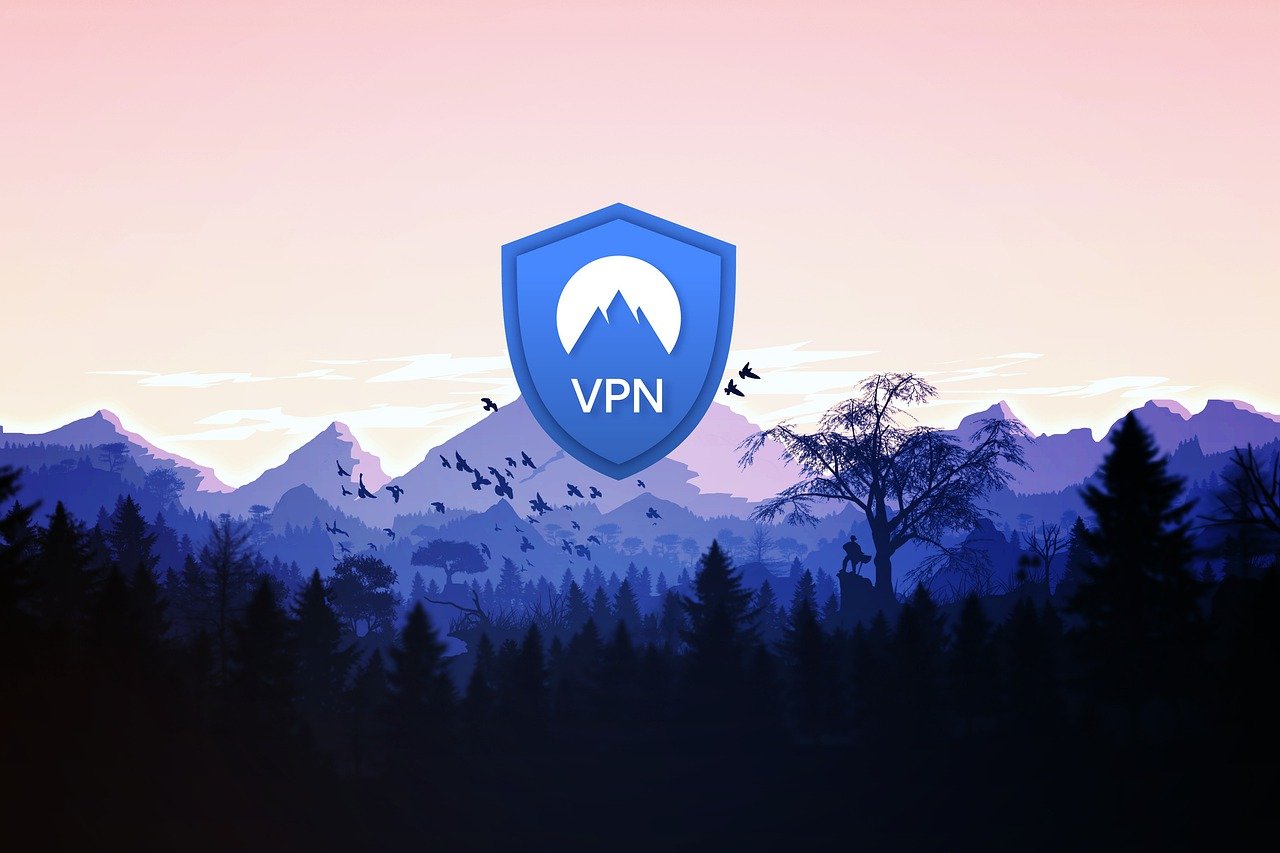Here, I will show you the top dangerous VPN providers and the top red flags to identify and avoid dangerous VPN providers in 2025.
In today’s digital landscape, a Virtual Private Network (VPN) is an essential tool for protecting your online privacy. VPNs encrypt your internet traffic, masking your activity and location from prying eyes.
However, not all VPN providers are trustworthy. Some engage in practices that can compromise your privacy, leak your data, or expose you to cyber threats. In 2025, it’s more important than ever to stay vigilant, as free or low-cost VPNs often come with hidden costs—your data and online safety.
This comprehensive guide highlights the red flags to watch out for and lists some of the most dangerous VPN providers currently circulating.
Table of Contents
🔴 Red Flags to Identify Risky VPNs
1. Unrealistic Claims & Free Offers
- Beware of VPNs promising total anonymity or undetectable browsing. No service can guarantee complete invisibility.
- Free VPNs may monetize your data through ads, trackers, or worse.
2. Suspicious Logging Practices
- Check the VPN’s logging policy. “No-logs” means your browsing activity and connection times aren’t stored.
- Ambiguous claims like logging only “non-identifiable data” can still allow profiling of your online activity.
3. Weak Encryption Standards
- Look for industry-standard protocols like OpenVPN (UDP/TCP) or IKEv2/IPSec with AES-256 encryption.
- Avoid outdated or proprietary encryption methods—they leave you vulnerable.
4. Jurisdiction & Data Retention Laws
- VPNs based in countries with strong privacy laws offer better protection.
- Avoid VPNs headquartered in countries with aggressive surveillance, like China or Russia.
5. Shady Payment Methods & Refund Policies
- Legitimate providers accept credit cards or reputable online payment platforms.
- Be cautious of VPNs demanding cryptocurrency or anonymous payments with vague refund terms.
6. Limited Server Network & Unreliable Speeds
- A broad, geographically diverse server network reduces latency and improves connection security.
- Limited servers or slow speeds can accidentally leak your real IP address.
7. Lack of Transparency & Independent Audits
- Reputable VPNs disclose ownership, security measures, and undergo third-party security audits.
- Avoid VPNs that operate in secrecy or refuse independent verification.
8. Aggressive Marketing & Deceptive Practices
- Watch out for exaggerated claims, fake user reviews, or misleading testimonials.
- Legitimate VPNs focus on functionality and security, not hype.
READ ALSO: Best VPN for Gaming You Should Consider in 2025
Top Safe VPN Deals in 2025
⚠️ Top Dangerous VPN Providers in 2025
Here’s a curated list of VPNs flagged for risky practices, outdated policies, or insufficient privacy protection:
1. Hola VPN
Hola VPN operates on a peer-to-peer (P2P) network, routing your internet traffic through other users’ devices. While this allows the platform to offer a free service, it introduces significant privacy risks, as other users could potentially monitor or misuse your connection.
Hola has also experienced data leaks in the past, exposing users’ IP addresses and online activity. Additionally, the free version throttles speed and limits features, reducing the effectiveness of protection and leaving users vulnerable.
2. SuperVPN
SuperVPN is a generic mobile VPN app that has been flagged for its lack of transparency and security measures.
It has been reported to inject malware into users’ devices, posing significant risks to privacy and device integrity. The app’s vague privacy policy and absence of a clear no-logs policy make it a dangerous choice for users seeking secure browsing.
3. BlackVPN
BlackVPN was a VPN service offered by a Hong Kong-based company. The service has been associated with a blackmail incident in 2016, raising questions about its security practices and the safety of user data.
4. VPN Master / SuperVPN Apps
VPN Master and other SuperVPN-branded apps are often generic mobile applications that claim to provide “complete anonymity” but fail to implement robust security measures.
Many of these apps collect sensitive user data, display intrusive ads, and lack independent security audits. Users are frequently exposed to malware, phishing attempts, and IP leaks due to the apps’ weak encryption and poor operational transparency.
5. VPNSecure
VPNSecure has a limited online presence and lacks detailed transparency about its server infrastructure, ownership, and security practices.
Without verifiable information, it is impossible to determine whether the VPN reliably protects user data or maintains its claimed no-logs policy. Users relying on VPNSecure could face unexpected privacy risks and unprotected online activity.
6. Facebook Onavo Protect (Discontinued)
Though now discontinued, Onavo Protect was a VPN service that collected extensive user data for targeted advertising within the Facebook ecosystem.
Its existence serves as a warning: VPNs run by social media platforms or ad-driven companies may prioritize data harvesting over user privacy, making them inherently dangerous.
7. Yoga VPN
Yoga VPN suffers from limited user reviews and scarce publicly available information regarding its privacy and security practices.
This lack of transparency makes it difficult to assess the service’s reliability, and users cannot verify whether their data is adequately encrypted or protected against leaks.
8. proXPN VPN
proXPN is another VPN with minimal independent verification. Few user reviews or third-party security assessments exist, making it hard to gauge the provider’s trustworthiness.
Users cannot confidently determine whether proXPN follows best practices in encryption, logging policies, or leak protection, putting their privacy at risk.
9. oVPNSpider
oVPNSpider caters primarily to technical users who configure VPN connections manually. While this may appeal to experts, non-technical users may struggle with setup, risking misconfiguration and exposure of real IP addresses.
The complexity combined with insufficient guidance makes it a risky choice for mainstream audiences seeking straightforward privacy protection.
10. SwitchVPN
SwitchVPN has received mixed reviews regarding connection speed, logging policies, and customer support. Some users report acceptable performance, while others experience frequent disconnections, slow speeds, and ambiguous data handling practices.
The inconsistency in service and unclear privacy protocols makes SwitchVPN a potentially unsafe option.
11. Seed4.Me VPN
Seed4.Me VPN is plagued by limited transparency and unclear jurisdiction. Without information about the company’s operational base, server locations, or ownership, users cannot verify whether the VPN is bound by strict privacy laws.
This ambiguity makes Seed4.Me a questionable choice for those prioritizing data protection.
12. Turbo VPN
Turbo VPN is popular for its free mobile app, but this comes with a cost. The app contains advertisements, potential malware risks, and a history of logging user activity.
Data collected may be shared with third parties, undermining the very purpose of a VPN. Users relying on Turbo VPN are exposed to multiple layers of privacy threats.
13. Thunder VPN
Thunder VPN is known for unstable connections and a vague privacy policy. Primarily developed for mobile users, it has undergone minimal security audits, leaving gaps in protection.
Its unreliable service and lack of transparency make it unsuitable for those who value consistent security and privacy.
14. Snap VPN
Snap VPN often lacks strong encryption standards and fails to provide sufficient security for safe browsing.
Free versions of Snap VPN may expose devices to tracking, malware, and other vulnerabilities, making it risky for users who assume their activity is fully protected.
15. SuperVPN Free
SuperVPN Free is a generic app with multiple reports of malware injections. The service provides little to no information about its server network, security protocols, or encryption methods.
Users are at high risk of data leaks, malware exposure, and compromised privacy when using this VPN.
16. Betternet VPN
Betternet offers a free VPN service that has been criticized for its lack of transparency and security features.
The app has been reported to inject ads and track user activity, posing significant privacy risks. Users seeking secure browsing should avoid Betternet due to its questionable data handling practices.
17. VPNLab
VPNLab was a VPN service that catered to cybercriminals, providing services to ransomware authors.
The service was seized and shut down by Europol in January 2022. Users should be aware of such services and avoid using VPNs with questionable reputations.
18. EasyVPN
EasyVPN is a free VPN service that has been associated with malware distribution and data harvesting. The app’s lack of transparency and security measures make it a dangerous choice for users seeking to protect their online privacy.
19. OkVpn
OkVpn is a free VPN service that has been reported to collect user data and inject ads into browsing sessions. The app’s questionable privacy practices and lack of robust security features make it a risky option for users concerned about their online safety.
20. Psiphon VPN
Psiphon is a circumvention tool that has been flagged for its potential to expose user data. While it aims to provide access to restricted content, its lack of strong encryption and data protection measures makes it unsuitable for users seeking secure browsing.
⚠️ Remember: This list is not exhaustive. VPN safety is a constantly evolving landscape—always research and verify before trusting a provider.
🛡️ Top Concerns with Specific VPN Types
- Free VPNs: May inject malware, throttle speeds, or sell data to third parties.
- Super-VPN Apps: Often lack basic security features, bombard users with ads, or steal data.
- VPNs with Past Data Leaks: Even reputable VPNs can experience vulnerabilities. Check recent security reports.
✅ Choosing a Safe & Secure VPN
- Prioritize Privacy – Strict no-logs policy and strong encryption.
- Check Jurisdiction – Prefer privacy-friendly countries.
- Evaluate Features – Kill switches, leak protection, and split tunneling.
- Read Reviews & User Feedback – Look for credible independent sources.
- Consider Paid Services – Premium services generally offer superior security.
- Test Free Trials – Reputable providers often offer full-featured trials before purchase.
READ ALSO: SEO Companies: Red Flags That You Are In The Wrong Company
FAQs: Dangerous VPNs and Online Privacy in 2025
Are free VPNs always unsafe?
Not all free VPNs are dangerous, but many come with hidden risks. Free VPNs often monetize your data through ads, trackers, or even selling your browsing information. They may also have weaker encryption, limited server networks, and poor customer support. If privacy is a priority, it’s safer to choose a reputable paid VPN with a strict no-logs policy.
How can I tell if a VPN is logging my data?
Check the VPN provider’s privacy policy carefully. A trustworthy VPN clearly states it follows a “no-logs” policy and outlines what, if any, data is collected. Be cautious of vague statements like “non-identifiable data” or ambiguous logging practices, as these can still compromise your privacy. Independent security audits or third-party verifications are a good sign of credibility.
Are mobile VPN apps riskier than desktop VPNs?
Many mobile VPN apps, especially free or generic ones like SuperVPN or VPN Master, have a higher likelihood of weak encryption, intrusive ads, and data collection. Mobile apps may be easier to distribute and harder to regulate, which makes it critical to research the developer, read reviews, and avoid apps with minimal transparency.
Does the country of a VPN provider matter?
Yes. A VPN’s jurisdiction impacts how your data may be handled or shared with authorities. VPNs based in countries with strong privacy laws (like Switzerland or Iceland) generally offer better protection, whereas VPNs headquartered in countries with aggressive surveillance practices (like China or Russia) may be legally compelled to share user data.
Can using a risky VPN lead to malware or hacking?
Absolutely. Some VPNs, especially free or little-known ones, may inject malware, track user activity, or expose IP addresses due to weak encryption. Using these VPNs can make your device and personal data vulnerable to hacking, phishing, and cyberattacks. Always verify a VPN’s security protocols, reputation, and independent audits before use.
Conclusion
The internet is full of opportunities—and risks. A secure VPN is a critical layer of protection for your online privacy. By knowing the red flags and being aware of risky providers, you can safeguard your data and browse confidently in 2025.
We’d love your input! Do you agree with the listed VPNs? Are there other VPNs that should make the dangerous list?
Note: This was initially published in January 2020, but has been updated for freshness and accuracy.
INTERESTING POSTS
About the Author:
John Raymond is a cybersecurity content writer, with over 5 years of experience in the technology industry. He is passionate about staying up-to-date with the latest trends and developments in the field of cybersecurity, and is an avid researcher and writer. He has written numerous articles on topics of cybersecurity, privacy, and digital security, and is committed to providing valuable and helpful information to the public.
Christian Schmitz is a professional journalist and editor at SecureBlitz.com. He has a keen eye for the ever-changing cybersecurity industry and is passionate about spreading awareness of the industry's latest trends. Before joining SecureBlitz, Christian worked as a journalist for a local community newspaper in Nuremberg. Through his years of experience, Christian has developed a sharp eye for detail, an acute understanding of the cybersecurity industry, and an unwavering commitment to delivering accurate and up-to-date information.


